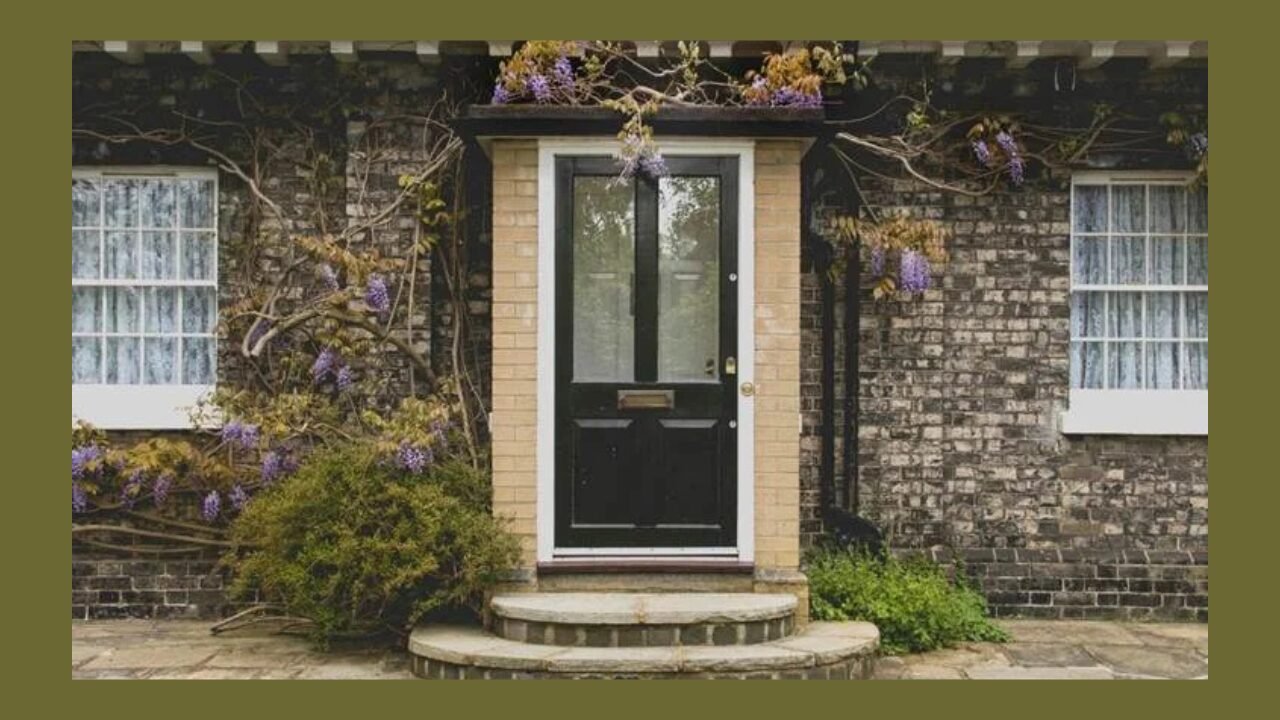Understanding the Basics of Home Inspection: A Guide for Beginners

Are you planning to buy or sell a home and wondering what a home inspection involves?
A home inspection reveals the actual condition of a property before making significant decisions. It examines everything from the roof to the foundation, identifying potential issues early. Understanding the basics can save you time, money, and stress.
Keep reading to learn how home inspections work and why they matter so that you can make wise, confident choices.
What Is a Home Inspection?
A home inspection is a thorough assessment of a property’s condition, typically conducted before buying or selling a home. A licensed inspector looks at the structure, systems, and significant parts of the house. This helps find problems that may need repairs.
The process gives buyers peace of mind and helps them avoid costly surprises. Sellers can also use it to fix issues early. It typically takes a few hours to finish. After the inspection, a report is given with all the findings.
Why Inspections Matter
Inspections help reveal hidden problems in a home. These can include issues with the roof, plumbing, or electrical systems. Knowing these problems early can help you decide if the house is worth the price. It also allows you to request repairs or a lower price.
For sellers, it builds trust with buyers. Fixing issues before listing the home can lead to a faster sale. It can also avoid unexpected problems that delay closing. A thorough inspection benefits both buyers and sellers.
Key Areas Inspectors Check
Inspectors look at many essential parts of a home. These include the roof, foundation, walls, windows, and doors. They also assess the heating, cooling, plumbing, and electrical systems. The goal is to find damage or signs of wear.
They also inspect the attic, basement, and garage, if available. Safety items, such as smoke detectors and handrails, are also checked. Outside, they may look at drainage and grading. Each area helps paint a complete picture of the home’s condition.
Common Issues Found
Cracks in the foundation are often discovered during a home inspection. These may signal serious structural problems. Roof damage is another common issue, usually characterised by missing shingles or leaks. Faulty electrical wiring can also be a significant concern in older homes.
Plumbing issues, such as leaks or low water pressure, are frequently found. Issues with heating or cooling systems can lead to costly repairs. To avoid surprises, click for residential building inspection services and ensure your home is in good shape.
Tips for First-Time Buyers
If you’re buying a home for the first time, always schedule a professional inspection. Make sure the inspector is licensed and well-regarded. Attend the inspection to ask questions and gain a better understanding of the home. Take notes and photos to help you remember what needs attention.
Read the inspection report carefully once it’s done. Don’t be afraid to ask the inspector to explain unclear parts. Use the report to request repairs or renegotiate the price if necessary. This step can help you avoid costly surprises after moving in.
READ MORE
Make Informed Decisions
In summary, a thorough home inspection can save you from surprises and costly repairs down the line.
By understanding what to expect during this process, you are better equipped to make informed decisions as a buyer.
Did you enjoy reading this article? If so, make sure to explore the rest of our blog for more!
